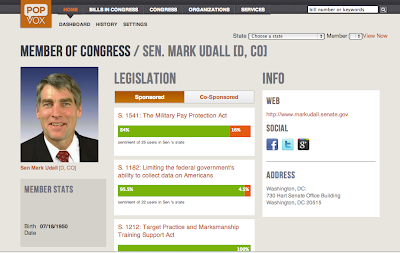Jonathan Tomer, Software Engineer at Google Blog: “Many applications track and map governmental data, but few help their users identify the relevant local public officials. Too often local problems are divorced from the government institutions designed to help. Today, we’re launching new functionality in the Google Civic Information API that lets developers connect constituents to their federal, state, county and municipal elected officials—right down to the city council district.
The Civic Information API has already helped developers create apps for US elections that incorporate polling place and ballot information, from helping those affected by Superstorm Sandy find updated polling locations over SMS to learning more about local races through social networks. We want to support these developers in their work beyond elections, including everyday civic engagement.
In addition to elected representatives, the API also returns your political jurisdictions using Open Civic Data Identifiers. We worked with the Sunlight Foundation and other civic technology groups to create this new open standard to make it easier for developers to combine the Civic Information API with their datasets. For example, once you look up districts and representatives in the Civic Information API, you can match the districts up to historical election results published by Open Elections.
Developers can head over to the documentation to get started; be sure to check out the “Map Your Reps” sample application from Bow & Arrow to get a sense of what the API can do. You can also see the API in action today through new features from some of our partners, for example:
- Change.org has implemented a new Decision Makers feature which allows users to direct a petition to their elected representative and lists that petition publicly on the representative’s profile page. As a result, the leader has better insight into the issues being discussed in their district, and a new channel to respond to constituents.

- PopVox helps users share their opinions on bills with their Congressional Representatives in a meaningful format. PopVox uses the API to connect the user to the correct Congressional District. Because PopVox verifies that users are real constituents, the opinions shared with elected officials have more impact on the political process.

Over time, we will expand beyond US elected representatives and elections to other data types and places. We can’t grow without your help. As you use the API, please visit our Developer Forum to share your experiences and tell us how we can help you build the next generation of civic apps and services.”